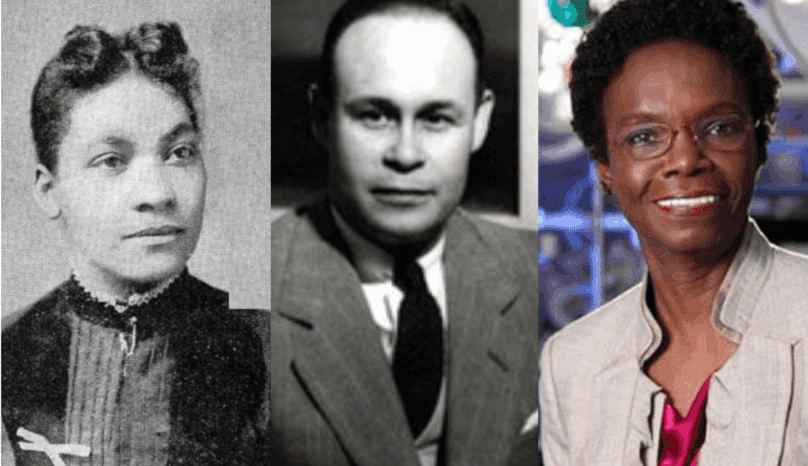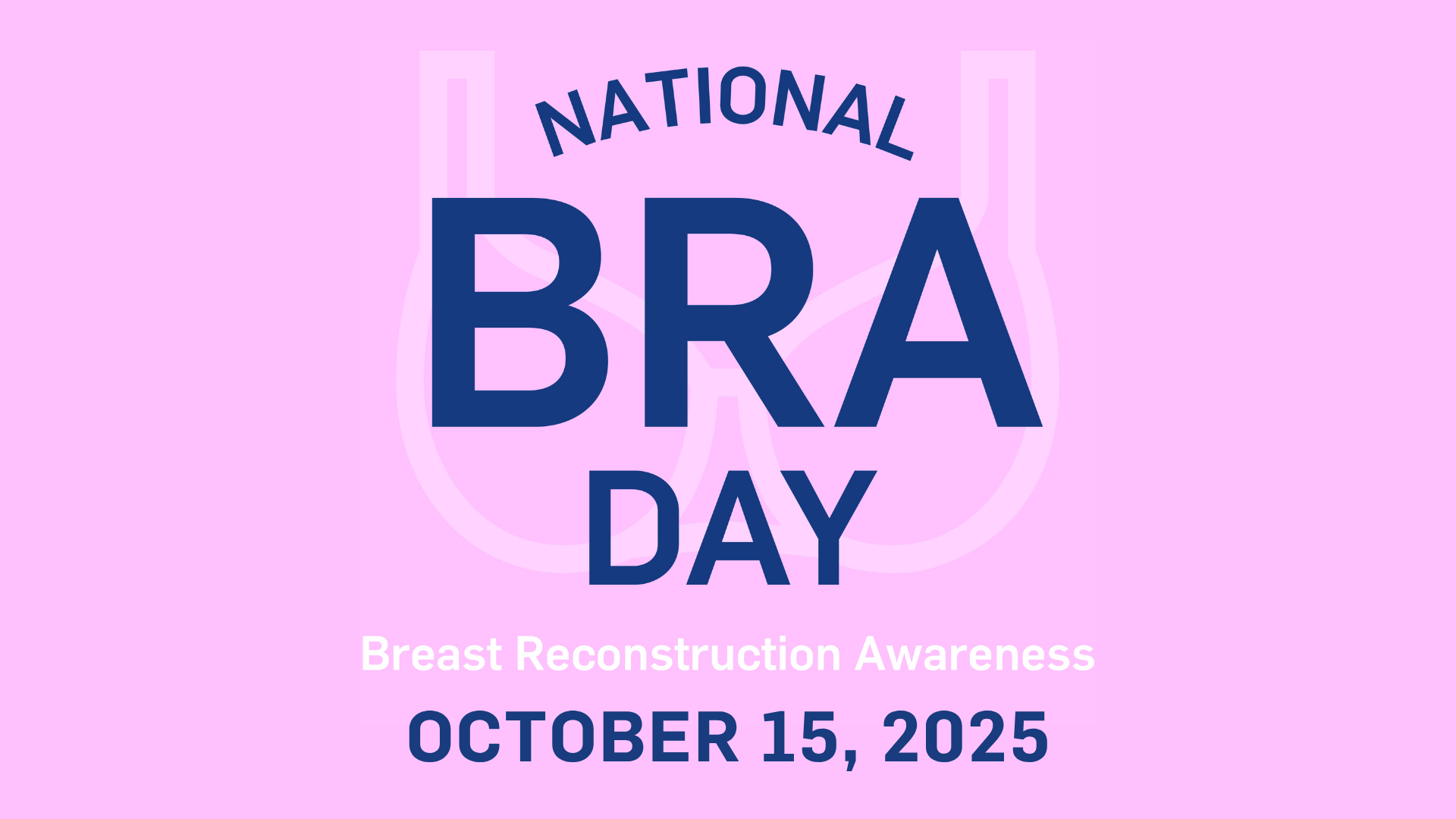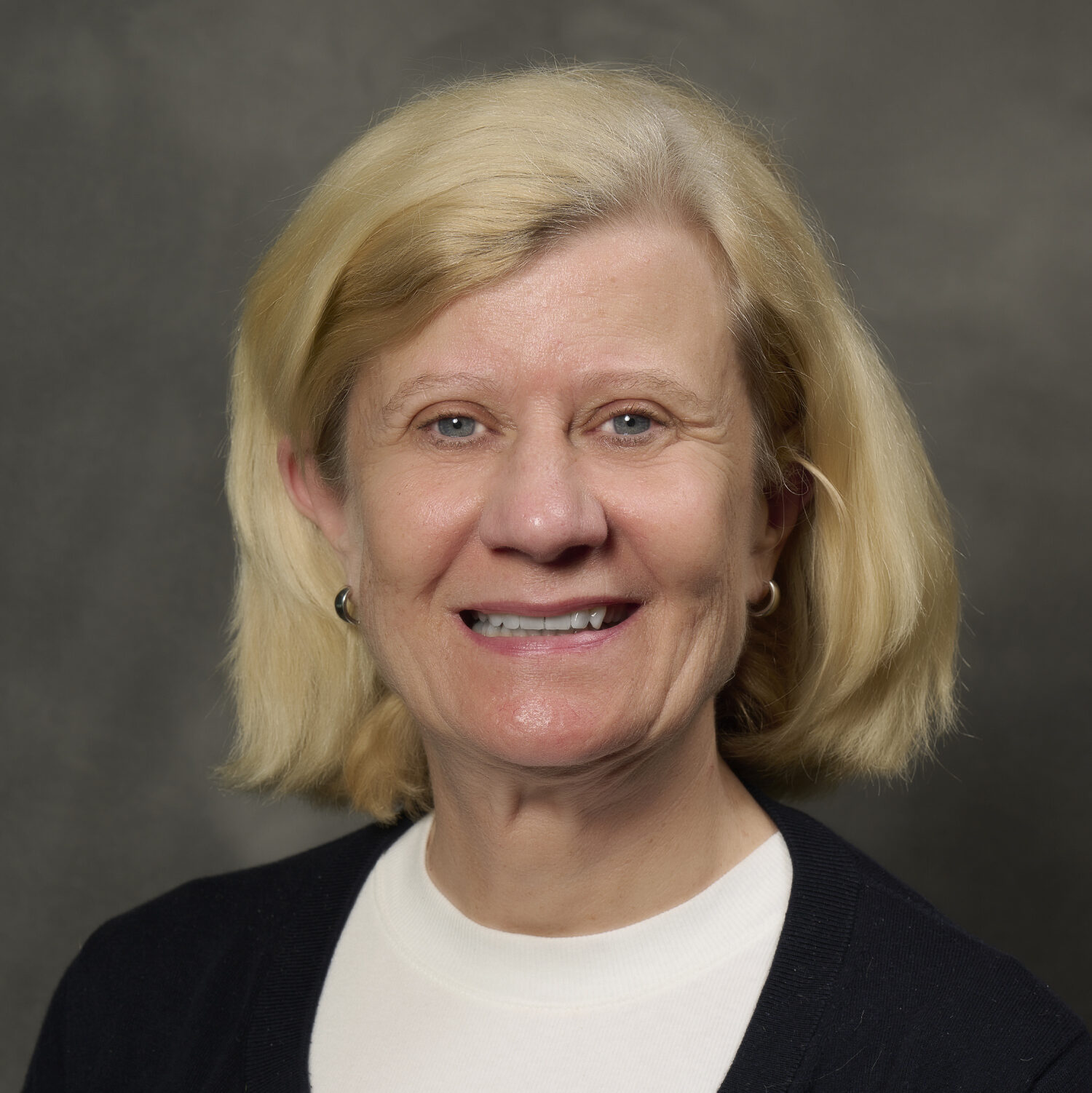This Black History Month, we’re exploring the contributions of three trailblazing Black physicians and diving into the critical need for transplants within the Black community. If you’re not yet signed up to be an organ and tissue donor, this month is a great time to do so! It only takes minutes and could save the lives of many.
Contributions of Black Americans in healthcare
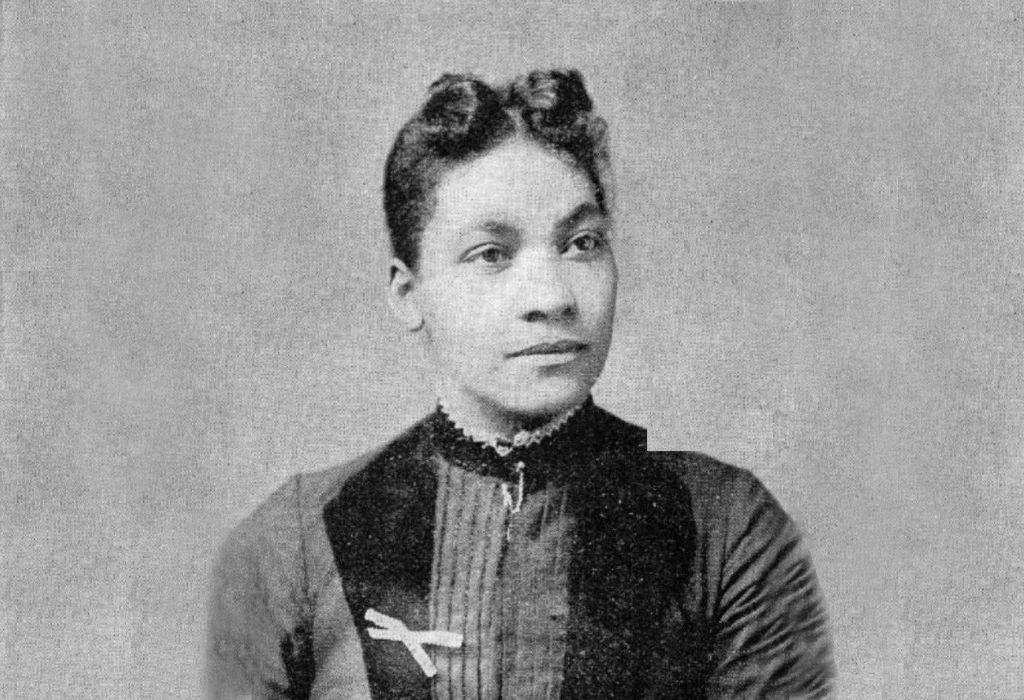
Dr. Rebecca Lee Crumpler: The first Black woman to earn an M.D.
In addition to being the first Black woman to earn a doctorate of medicine, Dr. Crumpler published a book of medical advice for women and children in 1883. Many of the details of Dr. Crumpler’s life have been lost to history, but we get a glimpse into her inspiration for a career in medicine in this book’s introduction. “It may be well to state here that, having been reared by a kind aunt in Pennsylvania, whose usefulness with the sick was continually sought, I early conceived a liking for, and sought every opportunity to relieve the sufferings of others,” she wrote.
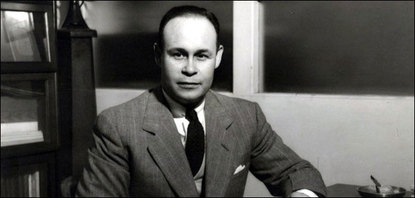
Dr. Charles Drew: Inventor of medical plasma
Dr. Drew made the groundbreaking discovery that plasma had a longer shelf life than blood, which meant it could be separated and used in medical transfusions. According to the U.S. National Archives, Dr. Drew’s critical discovery “not only saved thousands during World War II, it also laid the groundwork for long-term blood preservation and storage techniques that have saved countless lives since.”
Dr. Drew served as Director of the first Red Cross Blood Bank set up for the collection of blood and plasma for American troops and he also advocated for increased opportunities within the medical field for aspiring Black students and surgeons. Notably, from 1941 to 1950, over half of all Black surgeons in the United States had studied under Dr. Drew.
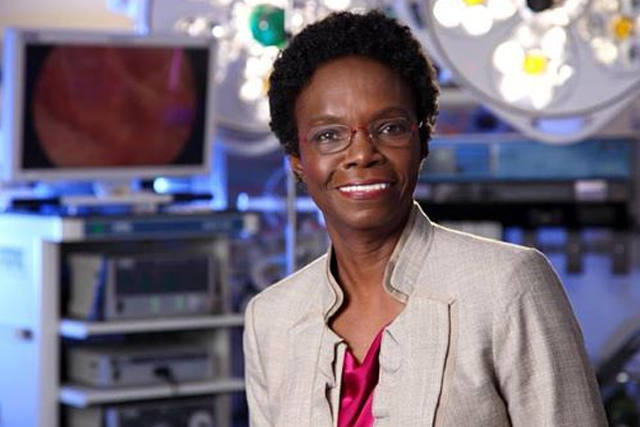
Dr. Velma Scantlebury-White: The nation’s first Black female transplant surgeon
Dr. Velma Scantlebury-White became the nation’s first Black female transplant surgeon in 1989 and went on to perform over 2,000 transplants. Born in Barbados in 1955, her family moved to New York City in 1970.
“There are many more women in general surgery, but moving into a field such as transplant becomes difficult in finding support,” Scantlebury-White said. “One of the things we’re actually trying to get is continued mentorship and sponsorship from program directors, who play a role in making sure the fellows get the best experience possible, and also get embraced when they’re in their training years.”
A longtime proponent of promoting organ donation within the Black community, Scantlebury-White says there have been significant changes in terms of achieving equity access in the allocation system for minority patients, but some issues persist.
The need for transplants within the Black community
Black History Month is a particularly important moment to highlight the health disparities that exist in Black communities. Members of the Black community make up 13% of the U.S. population but represent 28% of the national organ transplant waiting list. Black Americans are also three times more likely than whites to suffer from end-stage renal disease.
According to Donate Life America, “increased diversity in the donor population can lead to increased access to transplantation for all, and the chance of longer-term survival may be improved if the donor and recipient are closely matched in terms of their shared genetic background.”
You can help improve the chances for diverse communities by signing up for the donor registry and telling your family that you’re an organ donor. Equally important is to encourage more people of color to sign up as organ, eye, and tissue donors. Sign up for the donor registry here.
By changing the conversation around organ, eye, and tissue donation across all ethnicities, you can help save and heal the lives of diverse communities and bring heightened awareness to the health disparities that exist for minorities, during Black History Month and beyond.
